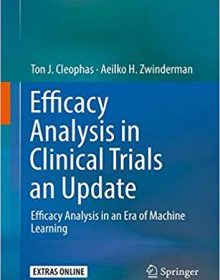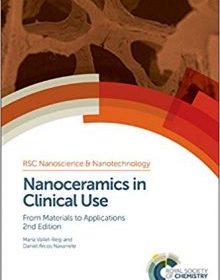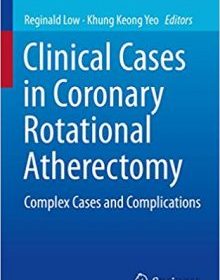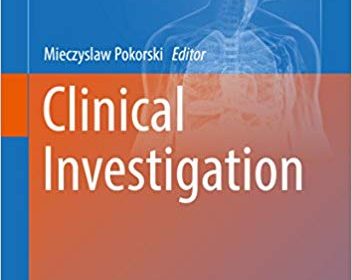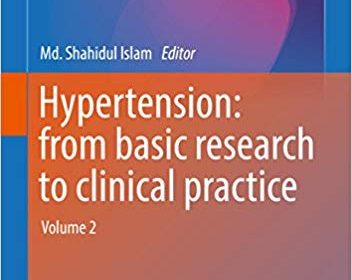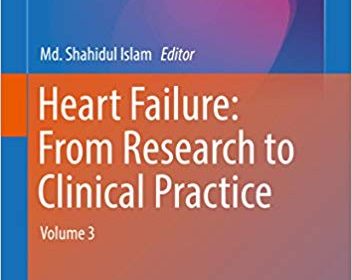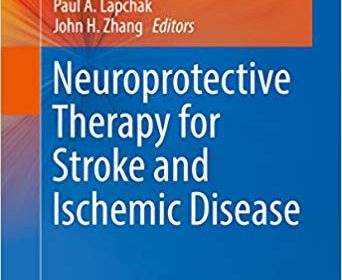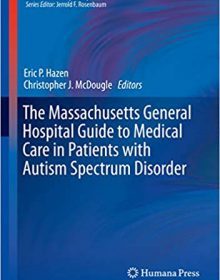Interpreting ECGs in Clinical Practice
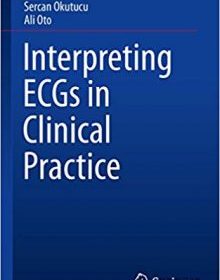
Interpreting ECGs in Clinical Practice
This book is designed to teach healthcare professionals how to interpret electrocardiograms, presenting this information with numerous illustrations, solid practical content, questions to prompt critical thinking, case presentations, and plentiful practice ECG tracings to promote the application of skills.Interpreting ECGs in Clinical Practice is practical book rather than a “theoretical book.” Although there is plenty of detail, the coverage is to the point, telling the reader the salient points and then showing what needs to be taken away. The breadth of information ranges from simple to complex, but regardless of how advanced the material, the explanations and visuals make the concepts easy to understand, making this a critical resource for all cardiology professionals

